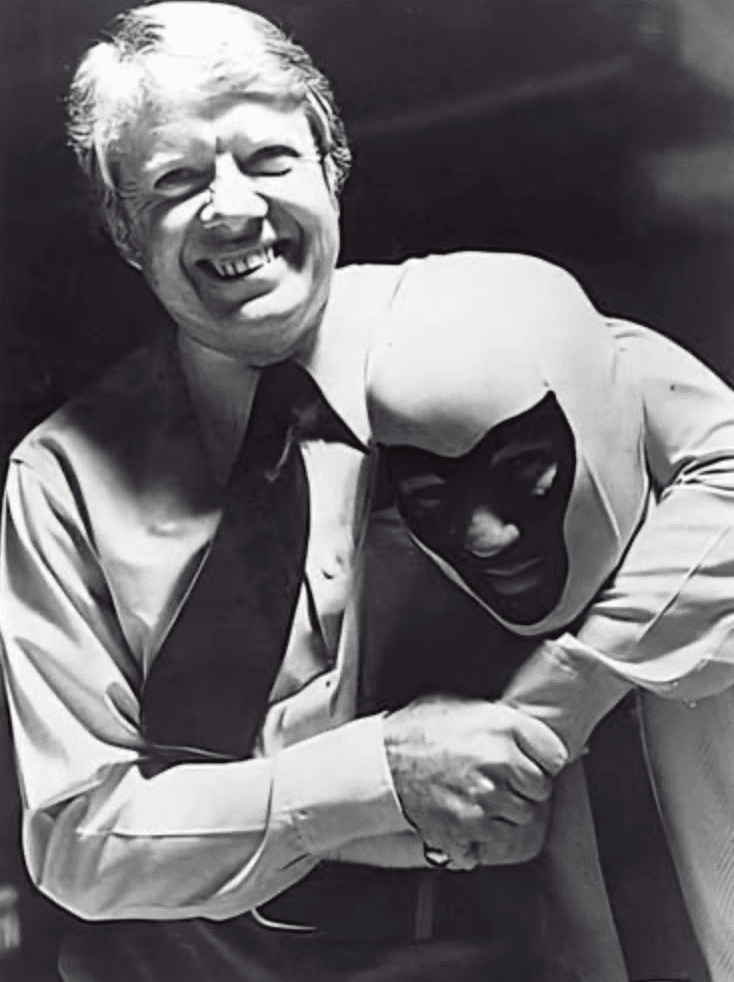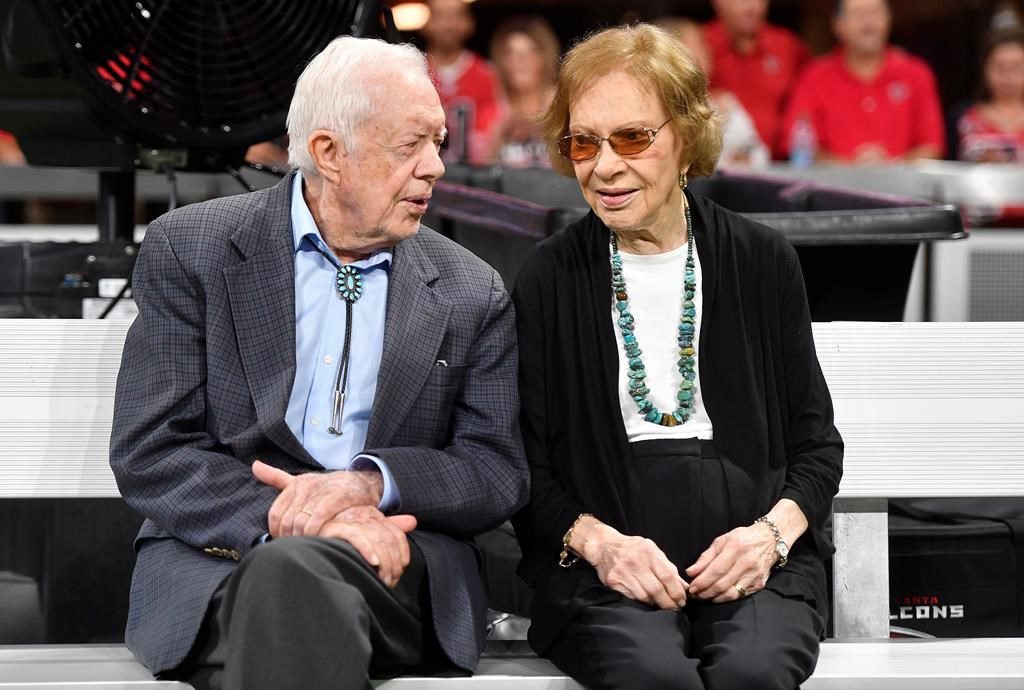Jimmy Carter, the 39th President of the United States, passed away on Dec. 29.
The Georgia peanut farmer-turned-politician had a remarkable life and career. He abandoned his segregationist past in the Jim Crow South, and became a real champion for civil rights. He always had a smile on his face, and treated every person he met with decency and grace. He wasn’t a good President, but he did a great deal of good for individuals, families, communities and countries in private life.
Let’s take a peek into several lesser known facts about the late President.
Carter was one of a few U.S. presidents who never had an official visit to Canada. Nevertheless, he maintained a fond personal and political relationship with our country, including his friendship with Canadian historian and speechwriter Arthur Milnes.
“Canada’s relationship with the U.S. was harmonious in the Carter years,” wrote Toronto Star business columnist David Olive on Dec. 31. “There was a commonality between Carter and then-prime minister Pierre Trudeau in the primacy they each gave to human rights.” This makes sense. It’s always been easier for like-minded political leaders like Carter and Trudeau to either identify similar policies or find common ground.
Trudeau would visit the White House in Feb. 1977 during Carter’s presidency. Notes from the welcoming ceremony were, as is to be expected, positive and upbeat in tone. “Canada is our most important trade partner,” Carter said on Feb. 21. “We have many common purposes and common concerns, common problems, and also the potential for common solutions to those problems…Prime Minister Trudeau has been recognized for many years as one of the developed nations’ leading negotiators and understanders of the problems of the developing nations of the world. Because of his commitment to humanitarian purposes, he has the trust and confidence of people who are not quite so fortunate as are we.”
What about his relationship with Joe Clark, the other prime minister during Carter’s one presidential term? Although Clark’s tenure in office was much shorter, and his personal ideology had little in common with modern conservatism, he was obviously a different political leader and thinker than Trudeau.
The two world leaders never officially met due to the Iranian hostage crisis. (They would have several face-to-face encounters in later years.) Carter did call Clark on Jan. 31, 1980 to thank him and Canada for our “tremendous exhibition of friendship and support” in helping six American diplomats safely escape during this tumultuous period. Clark famously described Carter as a “pretty good Canadian” in one of Milne’s books, which he likely enjoyed.
Here’s another interesting part of Carter’s story that doesn’t receive as much attention: his love of sports, and how it occasionally connected to politics.
Carter, like many other Presidents, enjoyed baseball – although his true passion was softball. The Georgian native’s favourite team was (surprise!) the Atlanta Braves, and he rooted for them to the end. “Carter was a baseball nut,” former San Diego Padres owner and close friend John Moores told Sportico on Dec. 29, although when his team played in Atlanta, “he always tried to hide it from me.”
There was a special connection for Carter between baseball, civil rights and fair play for all Americans. Negro Leagues Museum President Bob Kendrick reposted Carter’s meaningful comment from the 2020 “Tip Your Cap” campaign that was part of the 100th anniversary celebrations of the Negro Leagues. “I’ve been a baseball fan all of my life,” Carter wrote, “and the Negro Leagues are an important part of the sport’s history. I am thankful that the era of segregated leagues is long over, and I tip my cap to the pioneers who showed the world that black players belong in America’s game.”
The former President enjoyed watching other sports, including the Olympics and auto racing. He also had an unusual connection to, of all things, pro wrestling.
Carter’s mother, Lillian, was apparently a huge fan of John Francis Walker, also known as Mr. Wrestling II. He was Atlanta’s most popular wrestler during her son’s 1976 campaign for President. It turned out that Lillian had become interested in pro wrestling back in 1966 during Carter’s gubernatorial campaign. This infatuation remained a constant in her life. When asked by reporters who her favourite wrestler was, she responded, “Wrestler Number Two! He wears a mask.”
This led to a famous photo of Carter putting a headlock on a jovial Mr. Wrestling II. Did it have an impact in his close presidential race with Gerald Ford? It’s possible. Ray Steele described this moment in a June 11, 2020 piece for WRTV as “one of the most famous photographs in wrestling history, and perhaps political history…The picture landed in newspapers across the U.S. It probably also pushed more than a few people to pull the lever for the Democrat in November.”
Here’s another fascinating anecdote. Carter actually invited Mr. Wrestling II to his presidential inauguration. “‘Two’ wanted to make the trip,” Steele wrote, “but while he could go to a bank or restaurant anywhere in Georgia wearing his trademark white mask with black trim, the Secret Service said he could not go to an inauguration while wearing it.” He was forced to decline the invitation. What a shame. The photo of a masked wrestler amongst the Washington elite would have been a sight to see!
We all have different perspectives about Carter’s life, career, politics and presidency. These additional stories may help paint a broader picture, which is always a good thing. Rest in peace, Mr. President.
Michael Taube, a long-time newspaper columnist and political commentator, was a speechwriter for former Canadian prime minister Stephen Harper.







